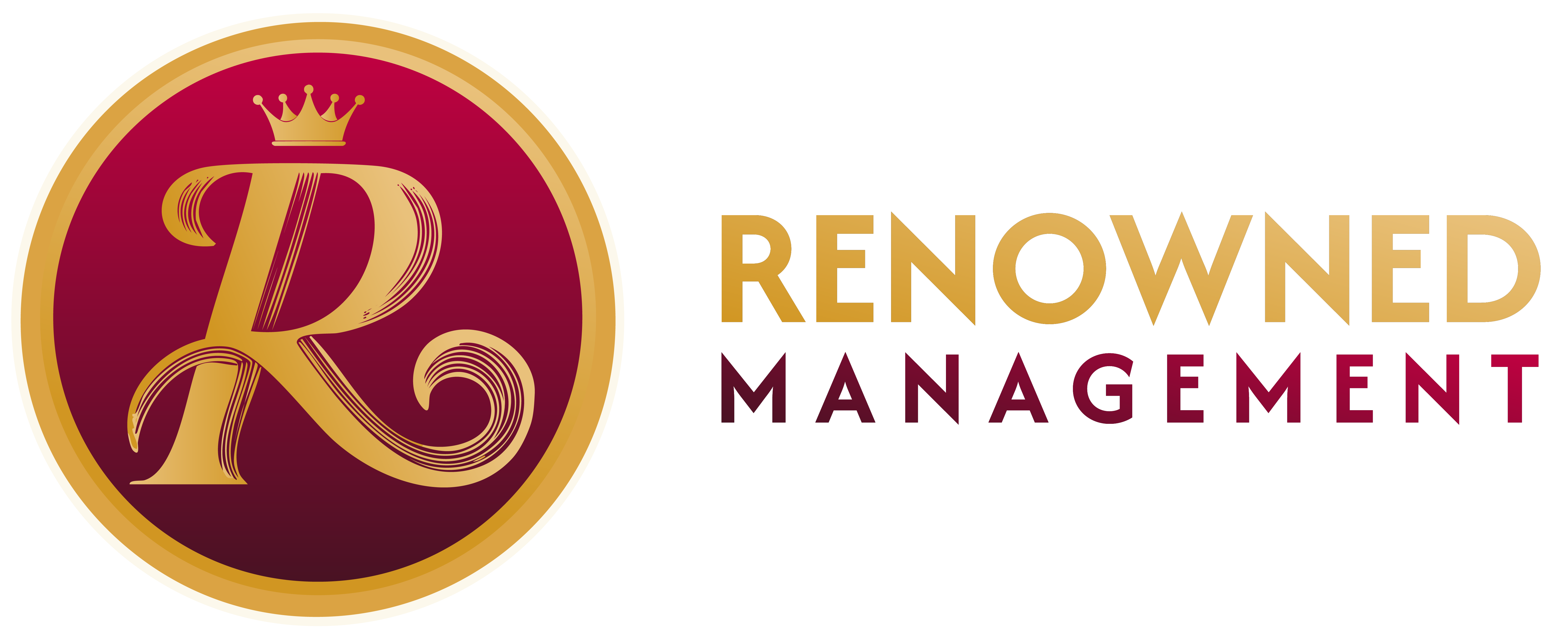Team culture is the heartbeat of every thriving workplace. While strategy, tools, and talent play crucial roles in a company’s success, how individuals interact, support, and grow with each other defines the core of an exceptional organization. When team culture thrives, it fuels motivation, collaboration, and long-term business results.
In high-performing teams, culture shapes everything—from how problems are solved to how wins are celebrated. It guides behavior, establishes trust, and lays the foundation for shared purpose. For leaders and businesses that want more than short-term gains, investing in team culture isn’t optional—it’s essential.
This article highlights the tangible role of team culture in long-term performance and how it can transform the employee experience.
Defining Team Culture in the Modern Workplace
Team culture isn’t about pizza Fridays or a company mission painted on the wall. The collective mindset, behaviors, and unspoken rules drive how teams operate day to day. A strong culture supports collaboration, elevates engagement, and empowers individuals to do their best work while feeling valued and included.
- It encompasses communication patterns, decision-making styles, leadership behavior, and how feedback is received.
- Team culture develops over time through shared experiences and modeled behaviors.
- It’s shaped by both intentional leadership and organic team dynamics.
- Culture is reflected in how conflict is handled, how inclusive the environment feels, and how transparent the workflows are.
Why Is Team Culture Important for Long-Term Success?
The best strategies mean little without the people and cultural conditions to carry them out. A strong team culture supports sustainability in more ways than one. It acts as a stabilizing force during change and provides clarity when teams face uncertainty. When culture aligns with company values and individual motivations, performance and fulfillment go hand in hand.
Organizations with cohesive cultures outperform competitors in innovation, engagement, and customer satisfaction. Employees in positive cultures are more likely to stay, contribute ideas, and take initiative. When trust and purpose are baked into the environment, teams can confidently tackle bigger challenges. Companies with strong cultures adapt better to change, recover faster from setbacks, and maintain focus on goals.
Signs Your Team Culture Needs Attention
Even in good companies, culture can drift. Recognizing early warning signs can prevent a downward spiral that affects morale and performance. These indicators aren’t always loud or obvious but tend to show up in patterns that limit trust, communication, and motivation.
Below are some of the clearest red flags that your team culture might need a serious tune-up:
- High Turnover or Absenteeism: People don’t typically leave because of the work itself; they leave because of an environment that no longer supports or inspires them. When team members begin disengaging emotionally or physically, it’s a call to examine the cultural roots of their dissatisfaction.
- Low Morale and Disengagement: Withdrawn behavior, meeting silence, or a general lack of enthusiasm for day-to-day work can all be symptoms. Something deeper is at play if energy levels seem unusually flat across the board.
- Lack of Trust or Psychological Safety: When team members feel unsafe speaking up, sharing ideas, or offering criticism, collaboration and innovation suffer. This environment discourages engagement and can lead to a team dynamic where people operate in fear rather than confidence.
- Frequent Miscommunication: Inconsistent messaging, unclear expectations, and repeated misunderstandings point to weak communication norms that can erode trust and accountability. Over time, this leads to duplicated work, missed deadlines, and a breakdown in team cohesion.
- Resistance to Feedback: If feedback is viewed as a threat instead of a growth tool, your culture may discourage open dialogue and learning. This can lead to stagnation, as individuals fear being vulnerable or misunderstood instead of pursuing growth.
- Siloed Departments: Limited cross-functional collaboration can create territorial behaviors and reduce opportunities for collective problem-solving. When departments don’t interact, alignment suffers, and innovation is slowed.
- Apathy or Detachment: When employees describe their work as “just a job,” the emotional investment and sense of purpose that drive high performance are often missing. This disconnect results in lower engagement, reduced initiative, and a lack of ownership.
Building a Positive Team Culture From the Ground Up
If culture is the engine, then leadership is the fuel. Creating a healthy environment requires commitment, clarity, and consistency. Establishing a positive team culture doesn’t need a massive overhaul—it involves a series of consistent, intentional actions that build connection, trust, and purpose over time.
Here are foundational practices that can significantly strengthen your team’s cultural framework:
- Define and Live by Team Values: Don’t just write them down. Make them actionable, visible, and a part of daily decisions. When values are consistently practiced, they unify team behavior and create a clear sense of identity.
- Hire for Mindset, Not Just Skill: People who align with your mission will enhance, not dilute, the culture. Attitude and alignment drive engagement, while skills can always be developed.
- Create Space for Feedback: Regular, honest conversations promote growth and prevent bottlenecks. When team members feel heard, they’re more likely to contribute ideas and stay committed.
- Celebrate Wins of All Sizes: Recognition builds momentum and reinforces a culture of gratitude. Even small wins deserve acknowledgment, as they encourage continuous progress.
- Lead with Empathy: Leaders who show humanity encourage others to bring their whole selves to work. Compassionate leadership nurtures emotional safety and team loyalty.
- Support Continuous Learning: Make development part of the culture, not a one-time perk. Learning opportunities show employees they are valued and trusted to grow.
- Address Issues Promptly: Conflict doesn’t kill culture—avoidance does. Timely resolution of issues strengthens transparency and reaffirms shared values.
The Role of Leadership in Shaping Culture
Leadership is the single most powerful influence on team culture. When leaders show up with consistency, integrity, and vision, they create an atmosphere where employees feel empowered to do the same.
Here are several key ways that leadership directly shapes a team’s cultural environment:
- Embody the Company’s Values: Leaders who live the values they preach build trust and set a clear example. When actions align with core principles, they create credibility and unity. This sets the tone for a culture rooted in integrity and purpose.
- Model Transparency and Accountability: Clear communication, ownership of mistakes, and honest feedback build psychological safety. This ripple effect inspires openness throughout the organization. It helps foster an environment where people feel safe taking risks.
- Prioritize Constructive Feedback: Feedback should be timely, balanced, and growth-oriented. It reinforces a culture of continuous improvement and self-awareness. Effective feedback also builds mutual respect and trust between leaders and their teams.
- Celebrate Cultural Wins: Recognition shows that positive behaviors and contributions matter. It boosts morale and reinforces what the team stands for. Celebrating culture in action reminds everyone of the impact they’re making.
- Encourage Autonomy: Great leaders empower their teams to make decisions and own their work. This trust builds confidence and strengthens team ownership. Autonomy helps employees feel a sense of control and purpose.
- Be Present and Approachable: When leaders are visible and accessible, it fosters connection. People feel heard, supported, and more motivated to engage. This openness invites stronger collaboration and loyalty from the team.
Rituals, Norms, and Daily Habits That Strengthen Team Culture
Culture isn’t built in quarterly meetings; it lives in daily actions. The right habits turn values into reality. These small, consistent practices build trust, create structure, and reinforce a sense of shared purpose.
- Weekly Check-Ins: Short, consistent meetings align goals and address blockers. They keep communication flowing and help team members stay connected and accountable.
- Open-Mic Discussions: Give team members a platform to voice ideas and questions. This encourages transparency and creates space for innovation and feedback.
- Milestone Celebrations: Acknowledge birthdays, work anniversaries, and team achievements. These moments of recognition boost morale and promote a culture of appreciation.
- Peer Shoutouts: Publicly recognize efforts to reinforce positive behavior. This peer-driven recognition helps normalize gratitude and mutual support.
- Focus Hours: Set protected time blocks for deep, uninterrupted work. This practice respects individual productivity and reinforces a balanced work culture.
- Volunteering Together: Shared service projects build unity and a sense of purpose. They strengthen team bonds while supporting causes that matter.
- Team Charters: Define shared commitments and revisit them regularly. These agreements help establish norms and give the team a collective voice.
- Daily Standups or Huddles: Quick morning syncs help everyone stay aligned. They create a rhythm of collaboration and forward momentum.
When Culture Goes Wrong: What Toxic Environments Teach Us
Even well-meaning companies can fall into negative patterns. Toxicity often starts small and grows silently, showing up in the form of disengagement, miscommunication, or a lack of trust. These issues can spiral into deeper dysfunction that hinders collaboration, morale, and growth when left unchecked.
Toxic work cultures are often characterized by fear, favoritism, and poor communication. When conflict is ignored and leadership lacks consistency, transparency disappears, and team cohesion falls apart. Recognizing these signs is the first step to recovery. Rebuilding culture requires transparency, accountability, a willingness to reflect honestly on what went wrong, and a commitment to do better moving forward.
Create a Workplace Where Culture Inspires and Lasts
A thriving team culture starts with intention and grows through everyday choices. When organizations invest in psychological safety, shared purpose, and mutual respect, they lay the groundwork for sustainable success. Everything feeds into a system that either empowers or depletes the team, from hiring decisions to daily rituals. Prioritizing culture is more than a strategy—it’s a mindset that shapes every outcome.
Renowned Management helps businesses build thriving workplace cultures through direct marketing, leadership development, and hands-on mentorship. We aim to create environments where people grow, connect, and achieve lasting success.
Talk to our team, and let’s thrive together.

